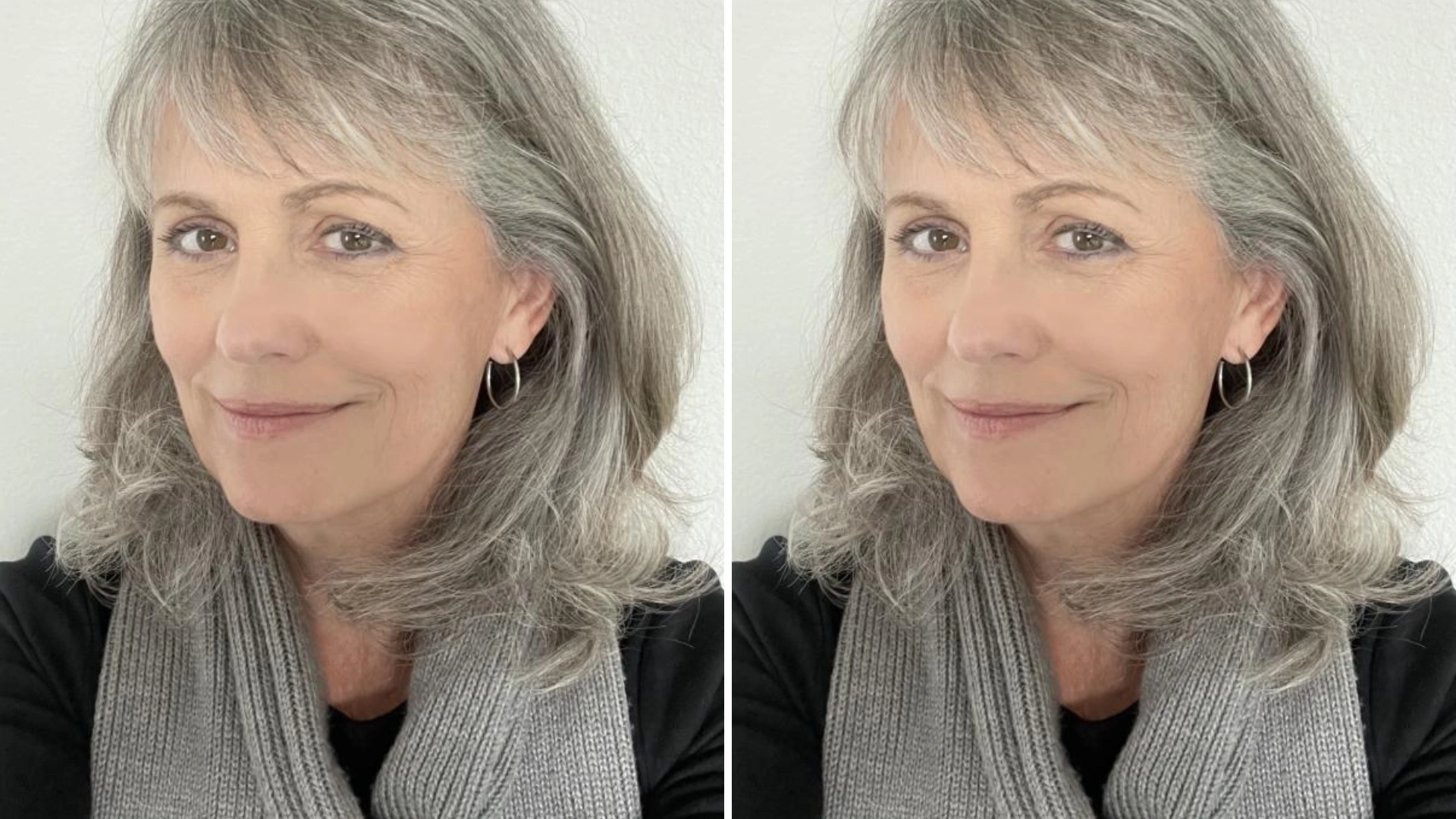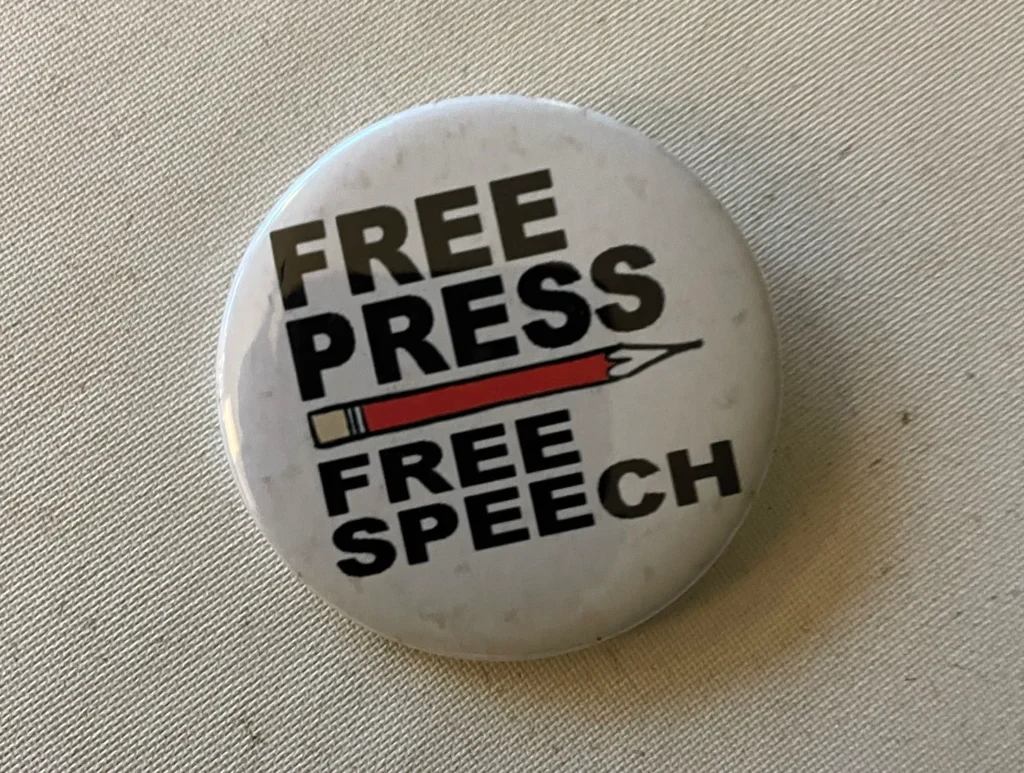Prominent cartoonist Ann Telnaes has resigned from The Washington Post after her editor rejected a politically charged cartoon featuring media executives, including the newspaper’s owner Jeff Bezos, bowing before President-elect Donald Trump.
The Controversial Cartoon and Its Message
In a post on Substack, Telnaes revealed that her cartoon depicted media and tech executives, including Bezos, presenting Trump with bags of money. According to her, the illustration was meant to critique “billionaire tech and media executives” who appeared to be currying favor with Trump to secure lucrative government contracts and minimize regulations.
Jeff Bezos never wanted this cartoon to become public.
He killed it, and as a result, pulitzer prize editorial cartoonist Ann Telnaes quit.
Advertisement · Scroll to continueMake sure everyone sees this cartoon. pic.twitter.com/hrvdGeowGO
— Aaron Parnas (@AaronParnas) January 4, 2025
Telnaes highlighted that Bezos and other executives had been seen at Trump’s Mar-a-Lago resort, raising concerns about their intentions.
Telnaes Speaks Out on Press Freedom
Telnaes expressed her dismay at the rejection, calling it a troubling precedent for a free press.
“For the first time, my editor stopped me from doing the critical work of holding powerful individuals accountable,” she wrote. “I’ve decided to leave the Post, even though I suspect this decision will be dismissed because I’m ‘just a cartoonist.’ Still, I will continue to expose the truth through my art, because, as they say, ‘Democracy dies in darkness.’”
Association of American Editorial Cartoonists Responds
In response, the Association of American Editorial Cartoonists (AAEC) issued a statement accusing The Washington Post of “political cowardice.” The organization urged cartoonists to share Telnaes’ sketch with the hashtag #StandWithAnn to show solidarity.
“Tyranny ends at pen point,” the AAEC said. “The Washington Post has chosen to look the other way, allowing darkness to thrive.”
Washington Post Defends Its Decision
David Shipley, the editorial page editor of The Washington Post, defended the decision, stating it was not driven by malice or external influence.
“The cartoon was rejected because the paper had just published a column on the same topic and was preparing another,” Shipley explained. “This was purely an editorial judgment to avoid repetition, not a suppression of dissent.”
Impact on Press Freedom and Artistic Integrity
Telnaes’ resignation highlights ongoing debates about press freedom, editorial independence, and the role of political cartoons in holding power to account. Her departure raises questions about the boundaries of artistic expression in traditional media outlets, as well as the influence of powerful individuals and institutions on editorial decisions.
























